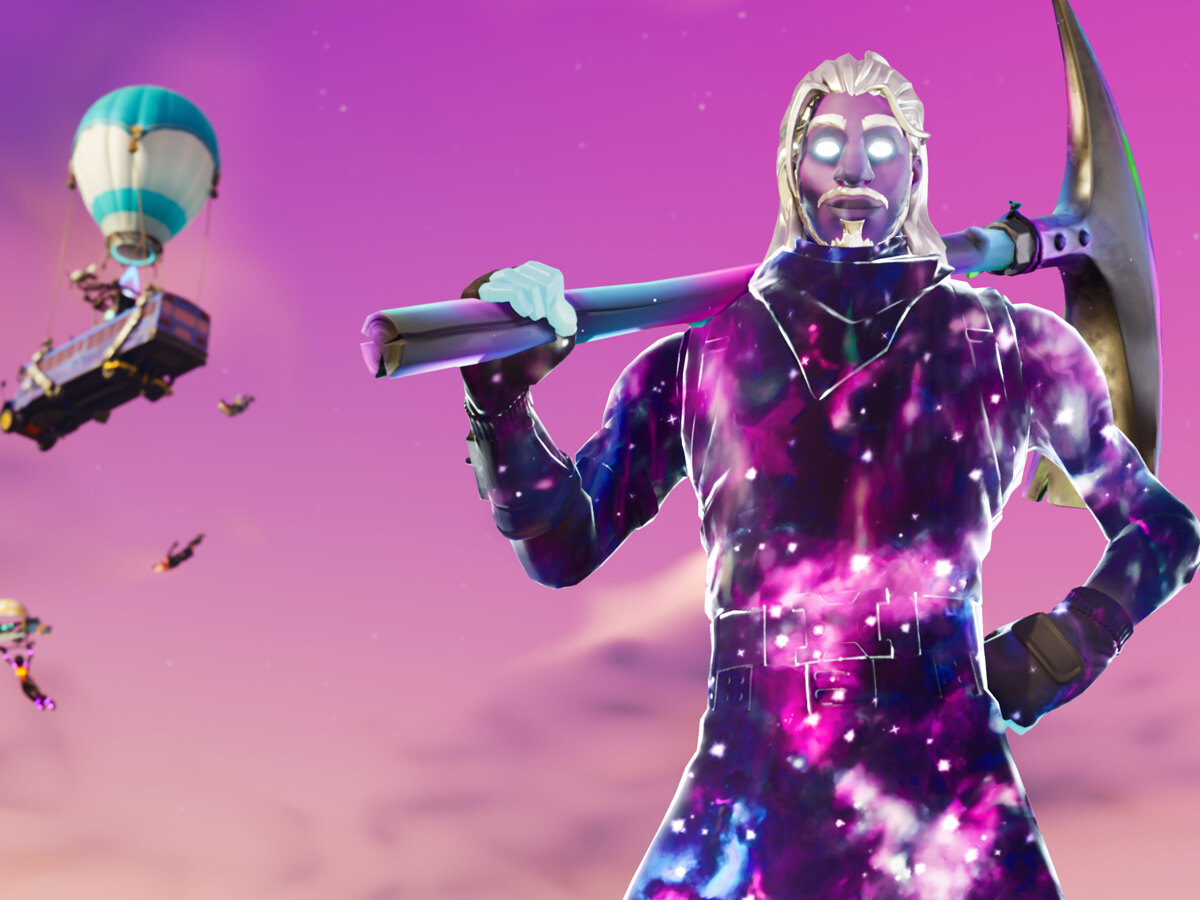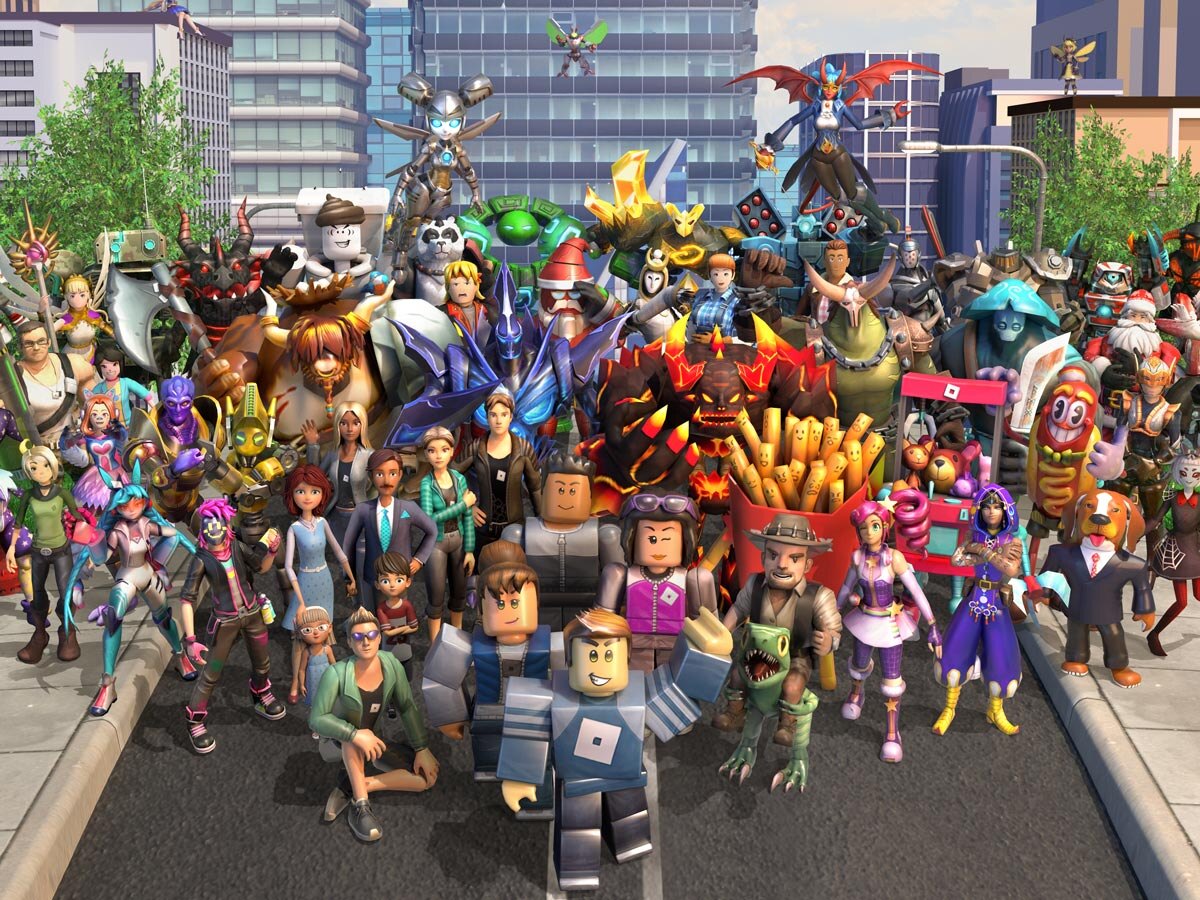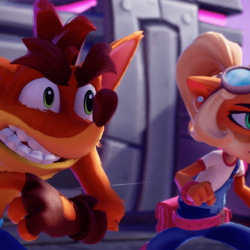In my previous metaverse article, I’ve elaborated on the metaverse – which in its most basic definition is a shared 3D space where users can see other people, interact and share experiences – and how online social gatherings are becoming more mainstream and online video games are increasing their world-building within. In this article, I would like to approach the metaverse more from a marketing communications standpoint and discuss in what ways brands will be playing a significant role in response to changing consumer behavior.
To begin with, we again have to look at the state of the online gaming world. Today Fortnite, Minecraft, Roblox and Animal Crossing are the elite class of online games, having detailed worlds, huge user bases and user-generated content. According to a July 2020 report from WARC, there are an estimated 3.4 billion gamers worldwide, 27% of whom are aged between 21 and 30. Amongst these gaming platforms, Fortnite and Roblox in particular are already seen as the beginning of the metaverse.
Victoria Loomes, head of premium content at TrendWatching UK, revealed as she shared insights on trends shaping the post-pandemic consumer at the 2020 Zee Melt conference, that the gaming trend – which is not only entertainment but today also an opportunity for self-expression – went up by 45% in the US and by 29% in the UK last year based on the time spent. Thereby, this shift signals urgency for artists as well as brands from entertainment to fashion to tech, to generate innovative formats and ways to reach their audiences and interact with them.
In the meantime, events held inside gaming platforms have already soared during the pandemic and this trend is likely to continue. Venture capitalist and media analyst Matthew Ball has regarded these worlds as “digital theme parks” and called them “the most important media businesses of the future”. So far, early use cases by companies and audience engagement support this, such as airing Christopher Nolan’s full-length movies or hosting a film festival at Fortnite’s party royale mode, a virtual island where there’s a theater and a big screen, as well as virtual performances and concerts at its music venue from Travis Scott to Diplo to J Balvin to Ariana Grande in the spirit of the limitless metaverse.
A great opportunity for brands
With this new era of the metaverse, amazing creativity will keep emerging more and more, and this will lead to new frontiers for the marketing world. On one hand, brands and businesses will face new challenges. On the other hand, they will also have new opportunities. And since gaming is on the rise, brands should also consider how they can bring added value into these virtual worlds, if they are truly in tune with the cultural zeitgeist. Because for today’s consumers, their digital worlds and experiences have as much meaning as the real world and physical experiences – prompting brands to offer meaning across both worlds if they don’t want to lag behind.
Aleissia Laidacker, who works as Creative Technology Director at The Mill and whom I had a chance to listen on a Q&A Panel about metaverse by Group Think, says that the metaverse is not just going to be exclusively digital, but will be linked to physical activations allowing experiences to happen in both – in the digital and in the physical world, while ideally influencing one another back and forth.
Another leader in the field, tech futurist Cathy Hackl, host of the Future of the Metaverse podcast, claims that companies will change their marketing strategies in line with the metaverse, from investing in online ads to existing in a shared and virtual economy. Companies will need to commission market research regarding their new customers in the metaverse because how people behave and what they prefer in this virtual world could be totally different than how they act and what they buy in real life. CMOs must be aware of the culture inside the metaverse like they are in the real world. She also argues that while ads happen to be in the metaverse, brands won’t be able to take a back seat with adverts and products but rather they will have to be personable and approachable – meaning people will go to brands in the metaverse as they feel a connection, without needing a product or service. Customers won’t settle for just talking to brands on social media, but they will also get to interact with them in 3D form.
Best practices in the metaverse
To this end, Wendy’s is one of the companies experimenting with the metaverse. In November 2018, Wendy’s launched a “Food Fight” mission in Fortnite and live-streamed it to Twitch without appearing in the game, asking players to go after the in-game restaurant, Durr Burger, a dig at Wendy’s rivals that use frozen burgers. Wendy’s went from zero Twitch followers to more than 7,400 while also getting around 43,500 comments throughout the game. Jimmy Bennet, Wendy’s senior director of media and social said that they didn’t pay either Twitch or Fortnite since it’s more exhausting to choose paid promotions over natural outreach when they could organically lean into the experience – a great example of how brands and their executives should react in order to stay on top of the gaming and metaverse ethos.
The metaverse is also about identity that definitely goes above and beyond. Herein, fashion is the epicenter of creating a character or being represented by an avatar. Therefore, virtual fashion houses and designers have a great opportunity to enter a brand new market of digital-first clothing.
Roblox’s initial public offering (IPO) in March was among the most anticipated listings of 2021. Christina Wootton, Roblox’s vice president of brand partnerships, says that in Q1 2021, the platform had 42.1 million daily active users comprising 180 countries, with its fastest-growing demographic 17- to 24-year-olds, leading to brands like Gucci and Nike showing interest in the platform. Additionally, Roblox is having numerous conversations with fashion and beauty brands. According to Wootton, brands are also considering creating special metaverse teams, just like they did with social media teams.
Gucci hasn’t been solely partnering with Roblox as a virtual space – it has also appeared on Animal Crossing, Tennis Clash, The Sims, Pokémon Go and Genies. Valentino, Burberry, Balenciaga, Net-a-Porter and Tatcha are among other luxury brands that have created virtual spaces during the Covid-19 lockdowns.
The online metaverse and social networking site IMVU, which grew by 44% throughout the pandemic, recently hosted a first-of-its-kind virtual runway show that featured real-world fashion labels such as Collina Strada, Gypsy Sport, Mowalola, Freak City, Bruce Glen, My Mum Made It and Mimi Wade with creators experienced in the 3D meshing and texturing process. On a side note, IMVU’s virtual store features 50 million items made by over 200,000 creators. “Every time there’s something major in pop culture or a new trend in fashion, it happens to be on IMVU right after,” stated Lindsay Anne Aamodt, the site’s senior director of marketing.

In a similar fashion, Skins in Fortnite have turned into an interesting new terrain for brands as a 2019 Samsung campaign showed. Samsung made a promotion for its new Galaxy Note9 mobile phone by launching a Galaxy Skin for Fortnite, which then again was promoted through an online video with Ninja, a famous gamer who debuted the skin to millions on YouTube and Twitch. The Galaxy Skin immediately became the most-liked skin in Fortnite as social mentions of Samsung in gaming increased by 2000% and Note9 search traffic increased by 97%.
In the wake of virtual retail launches, Clinique has entered the digital shopping world with the Skin School x Clinique Laboratories, a computer-generated metaverse, hosting videos featuring Clinique experts, virtual skin classes and taking visitors behind the scenes of Clinique’s beauty products. Inside, customers can access three rooms that highlight the SKU’s technologies, ingredients and shades, and engage with augmented reality and Artificial Intelligence (AI).
P&G-owned skincare brand SK-II has tapped into this trend by launching its own virtual hyper-realistic branded world, SK-II City, to transform beauty and skincare retail experiences. SK-II City is a virtual city modeled on iconic sites in Japan like Mount Fuji and the Tokyo Tower, which is inspired by the city-building video game SimCity. Users can visit a virtual movie theatre to watch ‘VS’ Series films created by SK-II Studios or a backstage tour area to see behind-the-scenes footage from campaigns.
In a recent Vogue Business interview, Wootton also highlighted that while younger players might not be interested in most luxury brands, they do care about the likes of Supreme and Gucci.
Keeping in mind the lessons learned on social media
Today, marketing and communications professionals have to watch the metaverse carefully because it’s the next level of online interactions – in that sense, it is deemed to revolutionize the online marketing scene as social media did before. There will be more opportunities for people to connect in exciting digital worlds as virtual reality technology advances. Brands can participate in many ways, but key to the success of virtual brand worlds will be a combination of convenience, personalization, fun and authenticity. Yet, marketers should be wary of brand safety pitfalls to prevent reputational risks in the metaverse, since these have been an issue on social media, creating downsides.
In the end, brands that will provide compelling in-world experiences, from games to desirable digital objects, are set to position themselves advantageously in what is soon-to-be a very competitive landscape.
Featured image: Roblox


























